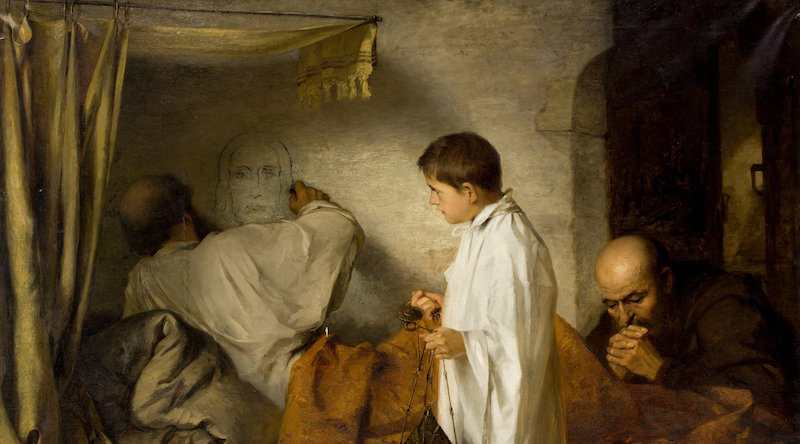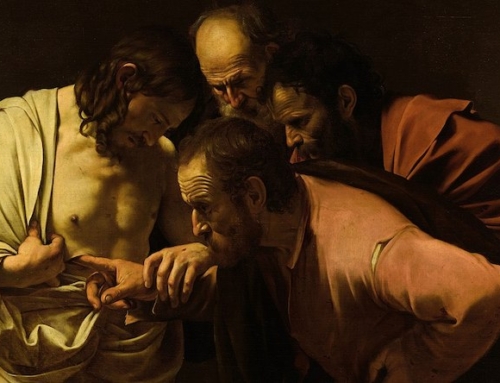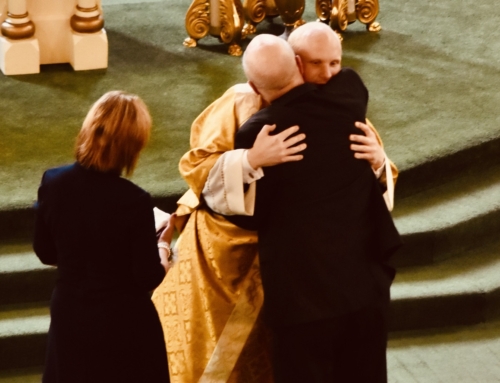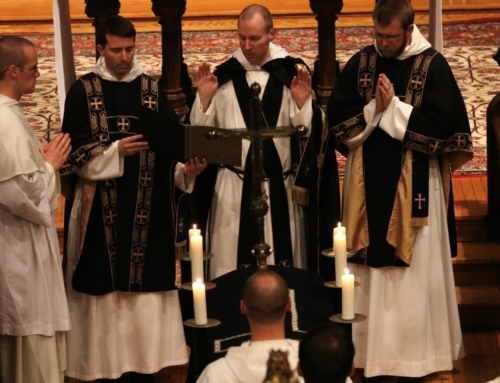“The world offers you comfort, but you were not made for comfort. You were made for greatness!”
Attributed to Pope Benedict XVI of blessed memory, this quote begs us to consider: what is greatness? The modern world answers with wealth or prestige or the fleeting clout of social media checkmarks. But the Christian too can fall prey to false notions of greatness. Christ rebuked his own disciples at the Last Supper after a “dispute arose among them, which of them was to be regarded as the greatest.” (Lk 22:25). But this was not always so.
From the beginning, God made man to desire the good. Saint Thomas Aquinas asserts that “man’s consummate good is his last end,” namely, that principle by which human nature tends, a principle he further applies to happiness (ST Ia-IIae q.1, a. 6). But since the Fall of our first parents human desire has become disordered through sin, causing us to seek happiness not in our highest good, God, but in the lesser goods of this world which wither and fade. It must be emphasized that these lesser goods are good, but they will always fail to satisfy our longing for him who made us. In the encyclical Spe Salvi, Pope Benedict writes: “Man was created for greatness—for God himself; he was created to be filled by God. But his heart is too small for the greatness to which it is destined. It must be stretched….”
For this reason, the Desert Fathers fled the cities to take on the penances of ascetical life. Like them, Christ calls us from our creature comforts to follow the way of the Cross through penance and mortifications. But there is more to penance than just outward signs, as stated in the Catechism of the Catholic Church:
Jesus’ call to conversion and penance, like that of the prophets before him, does not aim first at outward works, “sackcloth and ashes,” fasting and mortification, but at the conversion of the heart, interior conversion. Without this, such penances remain sterile and false; however, interior conversion urges expression in visible signs, gestures and works of penance (CCC 1430).
At the heart of these external penances, Christ’s call to our interior conversion is a call to love him not only in our joys but also in our sufferings. Saint Paul warns us that, without love, even if one is burned at the stake as a martyr, he would gain nothing (1 Cor 13:3). By accepting these penances with our daily trials, we are being conformed by Christ to himself.
Nearing the completion of the Summa Theologiae, St. Thomas Aquinas was caught up in ecstasy before a crucifix. From the cross, Christ said to him, “You have written well of me, Thomas. What reward will you receive from me for your labor?” Seeing Our Lord depicted as beaten and bruised, scourged and pierced as he was on Calvary, Saint Thomas responded simply, Non nisi te, Domine!—“Nothing but you, Lord.” From that moment until his death, he left the work, his magnum opus, unfinished. What the world would consider his greatest achievement, he considered as nothing in light of Christ.
In a similar way, Joseph Ratzinger, the great theologian who ascended to the highest ecclesial office, left the world stunned when he stepped down from the papacy. Having taken the name of the great ascetic, His Holiness Pope Benedict resigned himself to a life of prayer in a monastery. Leaving behind the honors of the office and his prolific writings, he offered God his final words: “Lord, I love you!”
In the eyes of the world, the greatest acts of men are considered in terms of power. Yet, in the eyes of God who took on our infirmities, man’s greatest act is his last. Abandoning himself in his weakness, the soul must cling to Christ in an act of love, for this last act in time shall be united to the endless act of divine adoration.
✠
Image: Hermína Laukotová, The Dying Painter







